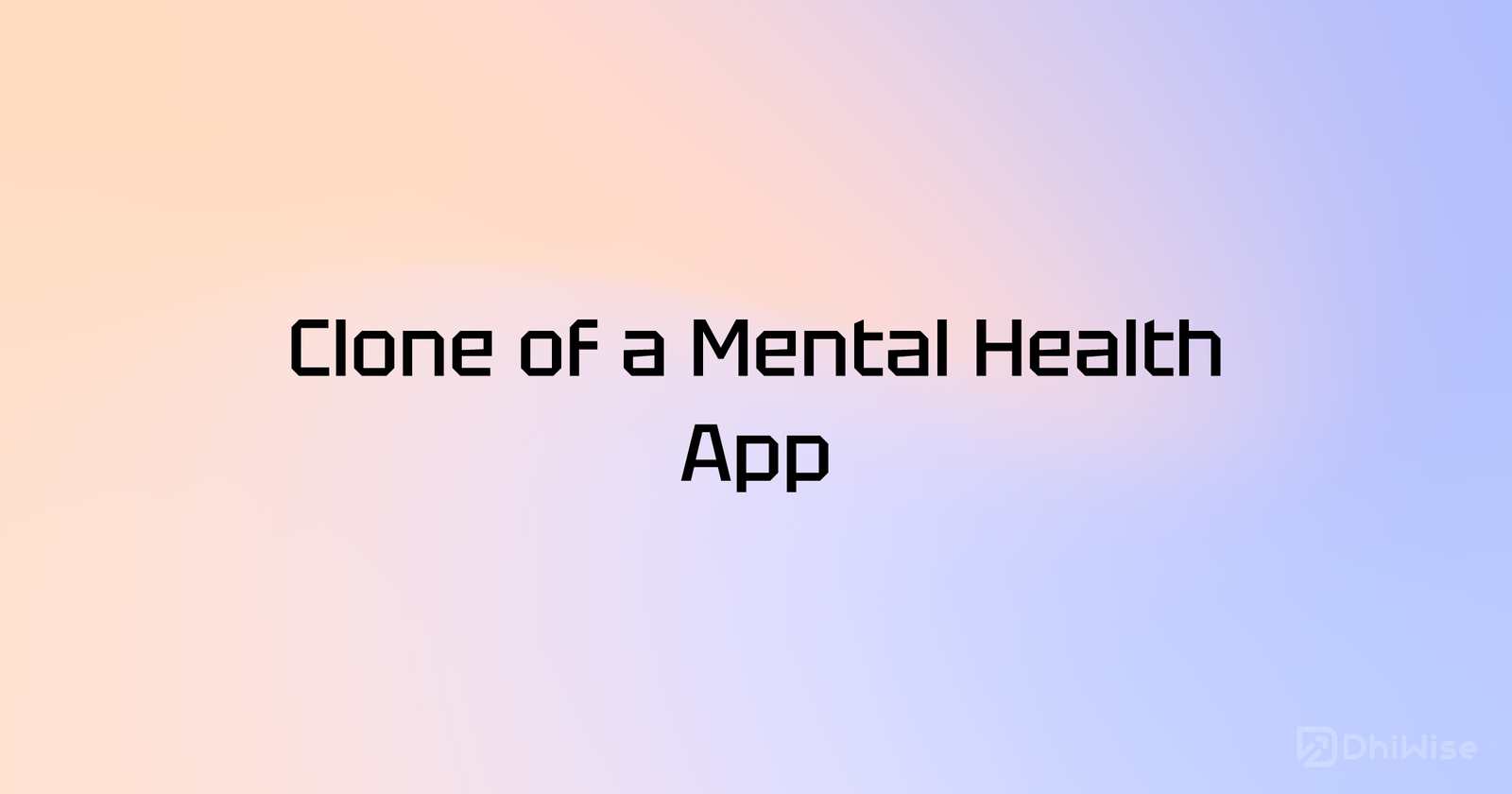As mental health challenges become increasingly recognized, more individuals are seeking assistance through their smartphones. In 2025, mental health apps have evolved to be more intelligent, responsive, and tailored to specific user needs, offering real support and practical tools. However, not all apps deliver the same level of effectiveness.
**Reasons for Choosing Mental Health Apps** Many users turn to mental health apps due to the limitations of traditional therapy, which can be costly, time-consuming, or unavailable in various regions of India. In contrast, mental health apps provide 24/7 access, lower costs, and a private space for reflection and healing. These apps are used by a diverse range of individuals—from young professionals to seniors—who utilize them for daily emotional check-ins, mindfulness practices, and even for connecting with licensed therapists when necessary.
**Characteristics of Effective Mental Health Apps** An effective mental health app goes beyond merely offering calming music or basic mood tracking. It should feature a blend of well-researched content, user-friendly design, and professional backing. The most effective apps provide structured programs, interactive tools, and personalized progress tracking. Accessibility to trained counselors or therapists through chat or video is also a valuable addition. Additionally, data privacy and user-friendliness are critical, especially in the sensitive realm of mental health.
**Top Mental Health Apps in India** 1. **MindPeers**: MindPeers has gained traction among users in India for its evidence-based emotional strength training. It includes mood journaling, daily trackers, and AI-driven exercises. A standout feature is ‘mind profiling,’ which helps users identify emotional patterns and enhances mental resilience. 2. **Wysa**: This chatbot-based app addresses anxiety, sleep disturbances, and self-esteem issues. Wysa uniquely combines AI and human support, allowing users to interact with an AI coach anytime while also offering the option to connect with professional therapists. The app’s anonymous and user-friendly interface appeals to first-time users. 3. **InnerHour**: InnerHour offers structured programming designed by clinical psychologists. Users can select specific goals, such as reducing stress or improving sleep quality, and engage in daily exercises. The app also features progress trackers and self-assessment tools, providing users with clear direction.
**AI’s Role in Mental Health Apps** Artificial intelligence in 2025 extends beyond simple chatbots. It now plays a role in detecting emotional changes by analyzing typing patterns, journal entries, and voice tones (with user consent). This capability enables real-time support suggestions that respond to users’ emotional needs. For instance, if a user consistently exhibits signs of low energy or frustration, the app may recommend grounding exercises or suggest contacting a counselor. While AI cannot replace human therapists, it offers a level of responsiveness that traditional check-ins cannot match.
**Focus on Personalization and Daily Engagement** Mental health journeys are unique, and leading apps now prioritize personalization. Users can customize themes, voice tones, and types of support to create their own emotional toolkit. Gamification elements, such as earning points for daily check-ins or completing wellness tasks, encourage regular use. These features integrate mental wellness into daily self-care practices rather than viewing them as infrequent fixes.
**Cautions for Users** Despite advancements, users should remain vigilant. Not every app is beneficial or even safe. Some lack expert contributions, while others may oversimplify complex mental health issues. It is advisable to avoid apps that dispense advice without scientific or therapeutic substantiation. Users should verify that apps are developed with licensed professionals and comply with privacy regulations before sharing personal information.
**Integrating Apps with Traditional Therapy** Mental health apps are not substitutes for therapy; instead, they complement it. Many therapists now incorporate app usage into their care plans. Clients can track their moods between sessions, practice therapeutic exercises, and remain actively engaged in their recovery process. This hybrid approach is especially crucial in India, where access to therapy can be limited in smaller towns. Apps provide essential tools until professional assistance is available.
In 2025, mental health apps demonstrate that support can be readily accessible without the need for an appointment. With appropriate guidance, structure, and personalization, these tools can serve as effective companions in daily life. As more users turn to digital wellness, selecting platforms that prioritize safety, emotional depth, and measurable progress is essential.


